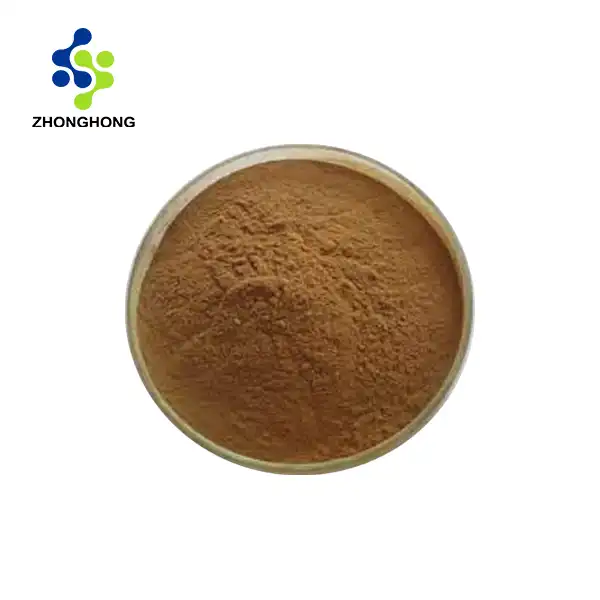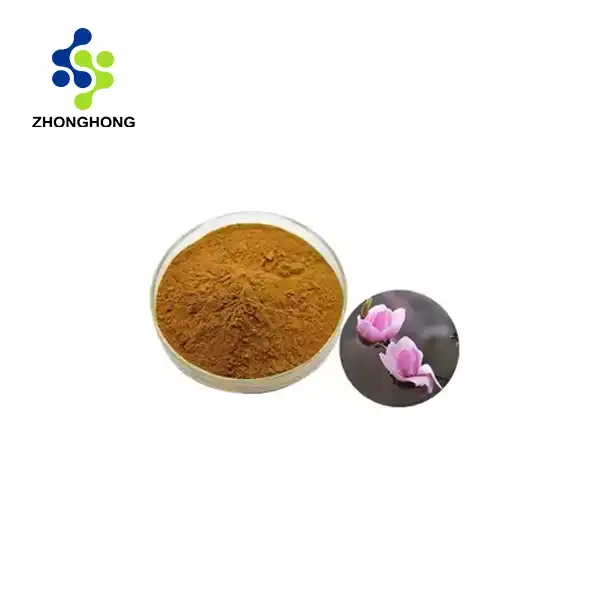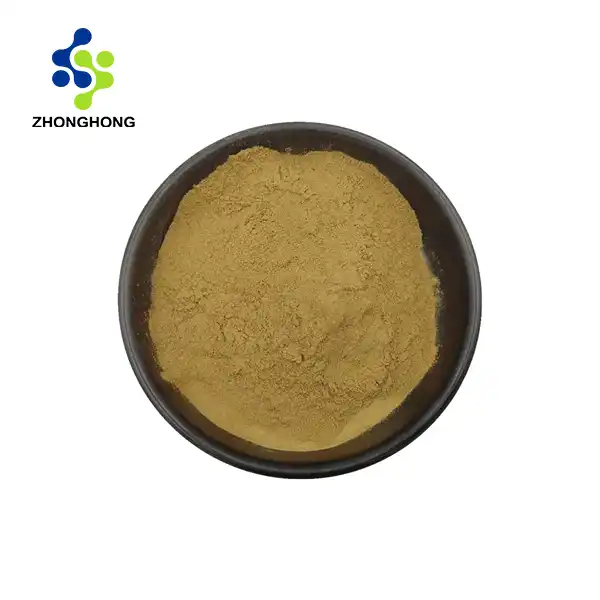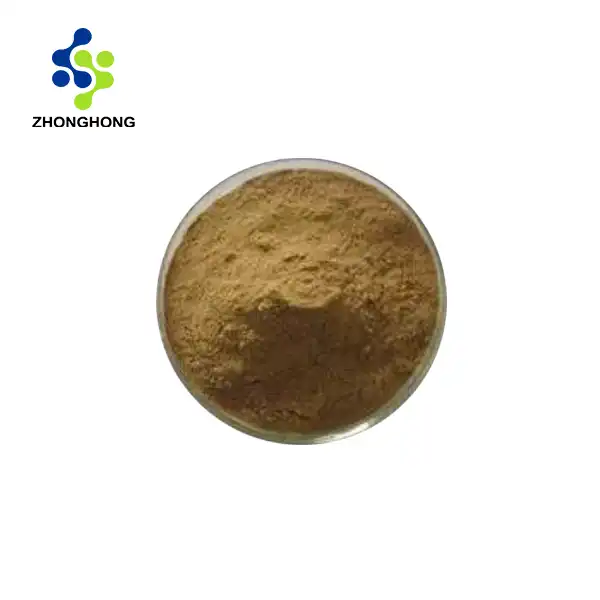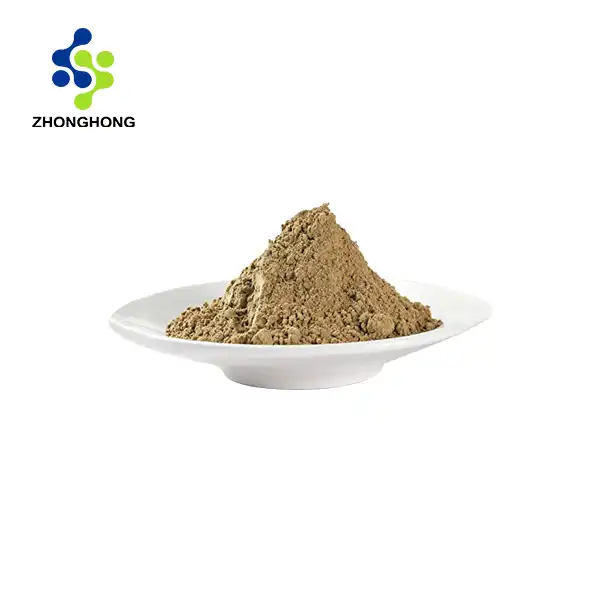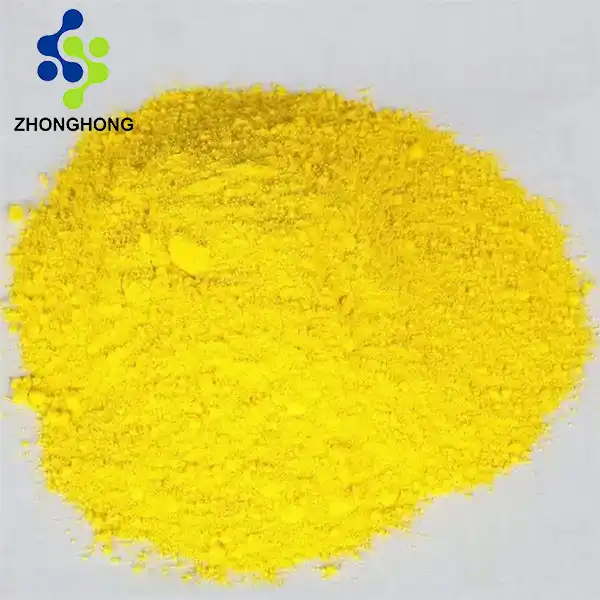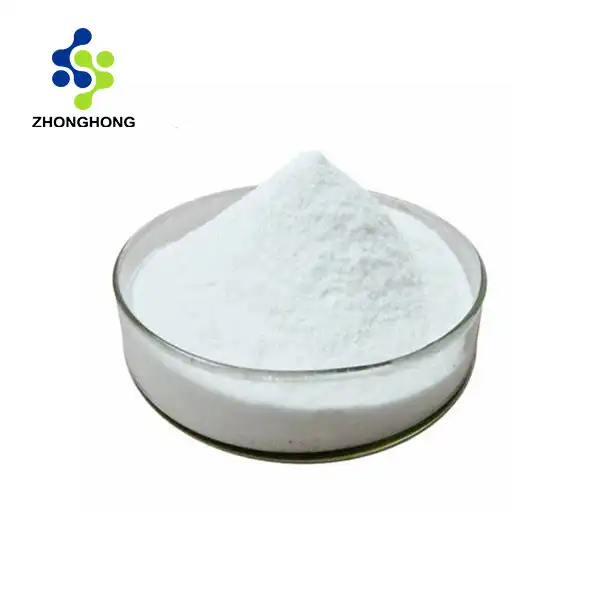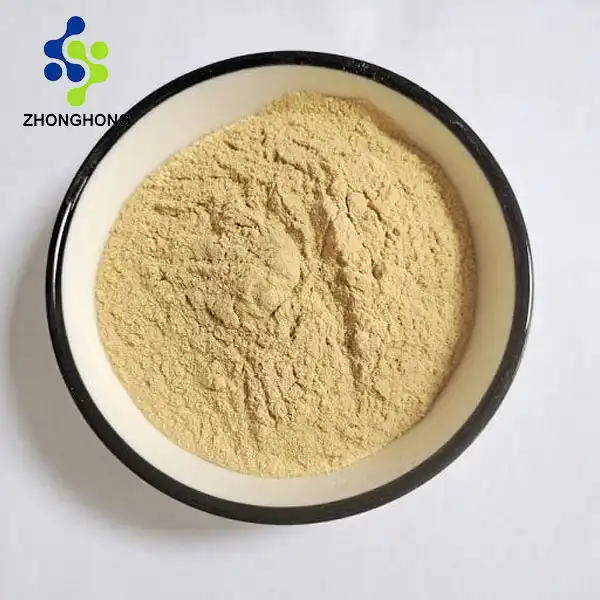Milk Thistle Benefits for Liver Health
2024-12-29 21:06:11
Milk thistle, a powerful herb with a rich history in traditional medicine, has gained significant attention for its potential liver health benefits. This remarkable plant, scientifically known as Silybum marianum, contains a potent compound called silymarin, which is believed to be responsible for its therapeutic effects. In this comprehensive guide, we'll explore the fascinating world of milk thistle, delving into its mechanisms for supporting liver detoxification, uncovering its top health benefits, and helping you determine if it's the right addition to your wellness routine. Whether you're looking to protect your liver, boost your overall health, or simply curious about natural remedies, this article will provide valuable insights into the potential of milk thistle extract.
How Milk Thistle Supports Detoxification?
The Liver's Crucial Role in Detoxification
The liver serves as our body's primary detoxification organ, tirelessly working to filter out harmful substances and toxins from our blood. This vital process helps maintain overall health and prevents the accumulation of potentially dangerous compounds. Milk thistle has been shown to support and enhance the liver's natural detoxification mechanisms, making it a valuable ally in maintaining optimal liver function.
Silymarin: The Powerful Antioxidant in Milk Thistle
At the heart of milk thistle's detoxifying properties lies silymarin, a complex of flavonoids with potent antioxidant and anti-inflammatory effects. Silymarin acts as a shield for liver cells, protecting them from damage caused by free radicals and toxins. This protective action allows the liver to function more efficiently, enhancing its ability to neutralize and eliminate harmful substances from the body.
Boosting Glutathione Production
One of the most remarkable ways milk thistle supports detoxification is by stimulating the production of glutathione, often referred to as the body's master antioxidant. Glutathione plays a crucial role in the liver's detoxification processes, helping to neutralize a wide range of toxins and pollutants. By increasing glutathione levels, milk thistle extract enhances the liver's capacity to cleanse the body of harmful substances, promoting overall health and well-being.
Top Health Benefits of Milk Thistle Extract
Liver Protection and Regeneration
Perhaps the most well-known benefit of milk thistle is its ability to protect and support liver health. The active compounds in milk thistle extract have been shown to help prevent liver damage caused by various factors, including alcohol consumption, environmental toxins, and certain medications. Moreover, milk thistle may promote the regeneration of liver cells, aiding in the repair and renewal of this vital organ.
Antioxidant Support for Cellular Health
The potent antioxidant properties of milk thistle extend beyond liver protection, offering benefits for overall cellular health. By neutralizing free radicals throughout the body, milk thistle extract helps reduce oxidative stress, which is associated with various chronic diseases and premature aging. This antioxidant support may contribute to improved skin health, enhanced cognitive function, and a strengthened immune system.
Potential Blood Sugar Regulation
Emerging research suggests that milk thistle may play a role in supporting healthy blood sugar levels. Some studies have indicated that the active compounds in milk thistle extract could help improve insulin sensitivity and reduce blood glucose levels. While more research is needed to fully understand this potential benefit, it presents an exciting avenue for those looking to support their metabolic health naturally.
Is Milk Thistle Right for Your Wellness Goals?
Considering Your Individual Health Needs
When contemplating whether to incorporate milk thistle into your wellness routine, it's essential to consider your individual health needs and goals. If you're looking to support liver health, combat oxidative stress, or potentially aid in blood sugar management, milk thistle extract may be a valuable addition to your regimen. However, it's crucial to consult with a healthcare professional before starting any new supplement, especially if you have pre-existing health conditions or are taking medications.
Quality and Dosage Considerations
If you decide to try milk thistle, choosing a high-quality supplement is paramount. Look for products that contain standardized milk thistle extract to ensure you're getting a consistent and effective dose of the active compounds. The appropriate dosage can vary depending on individual factors and the specific formulation of the supplement. Generally, doses ranging from 140 to 800 mg of silymarin per day have been used in clinical studies, but it's best to follow the recommendations of a healthcare provider or the product label.
Potential Side Effects and Interactions
While milk thistle is generally considered safe for most people, it's important to be aware of potential side effects and interactions. Some individuals may experience mild digestive discomfort, headaches, or allergic reactions. Additionally, milk thistle can interact with certain medications, particularly those metabolized by the liver. If you're taking any prescription medications or have a history of hormone-sensitive conditions, it's crucial to discuss the use of milk thistle with your healthcare provider before beginning supplementation.
Conclusion
Milk thistle offers a range of potential benefits for liver health and overall wellness. Its powerful antioxidant properties and ability to support detoxification make it a valuable natural remedy. However, as with any supplement, it's essential to approach its use thoughtfully and in consultation with a healthcare professional. By understanding the benefits and considerations of milk thistle, you can make an informed decision about whether it aligns with your wellness goals. If you want to get more information about this product, you can contact us at liaodaohai@gmail.com.
References
1. Abenavoli, L., Capasso, R., Milic, N., & Capasso, F. (2010). Milk thistle in liver diseases: past, present, future. Phytotherapy Research, 24(10), 1423-1432.
2. Vargas-Mendoza, N., Madrigal-Santillán, E., Morales-González, Á., Esquivel-Soto, J., Esquivel-Chirino, C., García-Luna y González-Rubio, M., ... & Morales-González, J. A. (2014). Hepatoprotective effect of silymarin. World Journal of Hepatology, 6(3), 144.
3. Saller, R., Meier, R., & Brignoli, R. (2001). The use of silymarin in the treatment of liver diseases. Drugs, 61(14), 2035-2063.
4. Gazák, R., Walterová, D., & Kren, V. (2007). Silybin and silymarin-new and emerging applications in medicine. Current Medicinal Chemistry, 14(3), 315-338.
5. Kazazis, C. E., Evangelopoulos, A. A., Kollas, A., & Vallianou, N. G. (2014). The therapeutic potential of milk thistle in diabetes. The Review of Diabetic Studies: RDS, 11(2), 167.
6. Loguercio, C., & Festi, D. (2011). Silybin and the liver: from basic research to clinical practice. World Journal of Gastroenterology: WJG, 17(18), 2288.
_1728976869676.webp)
